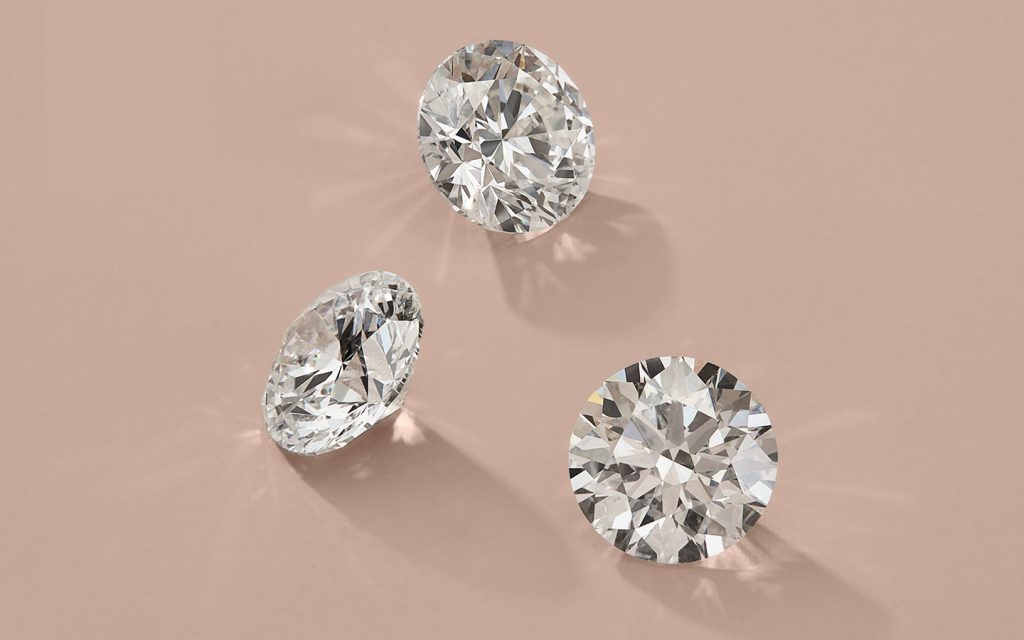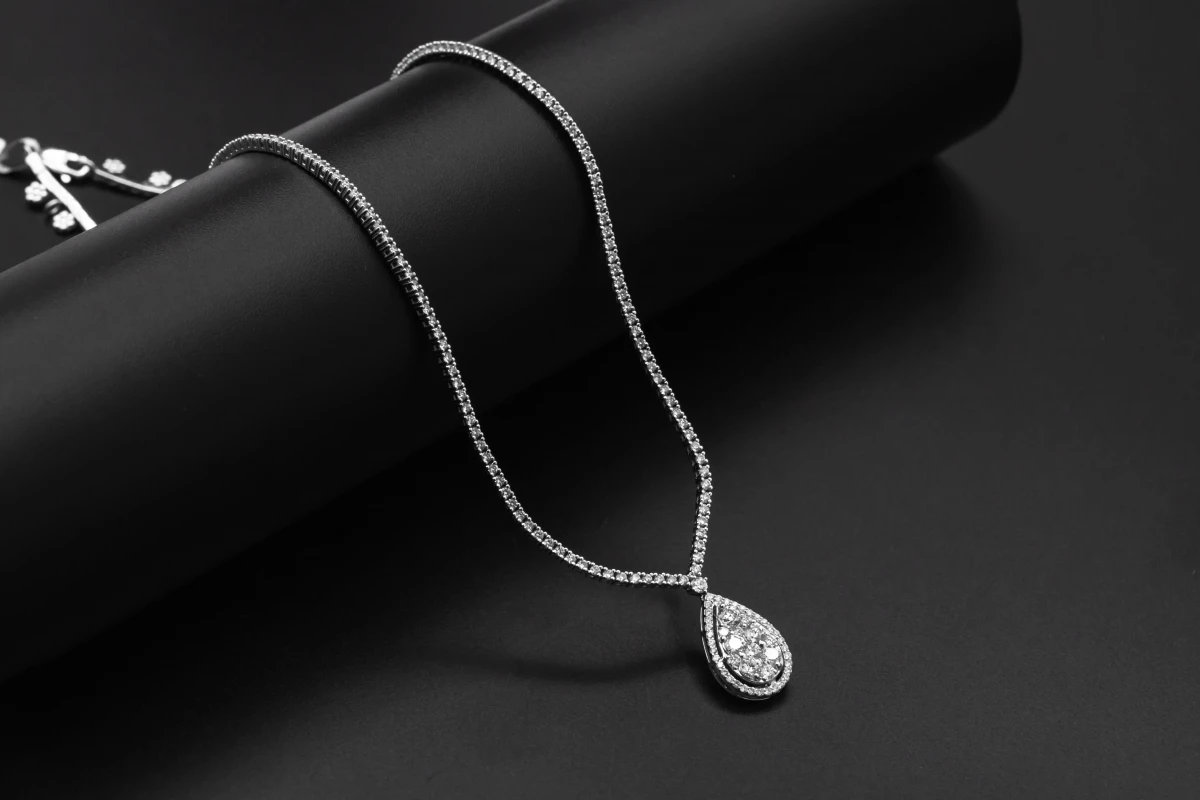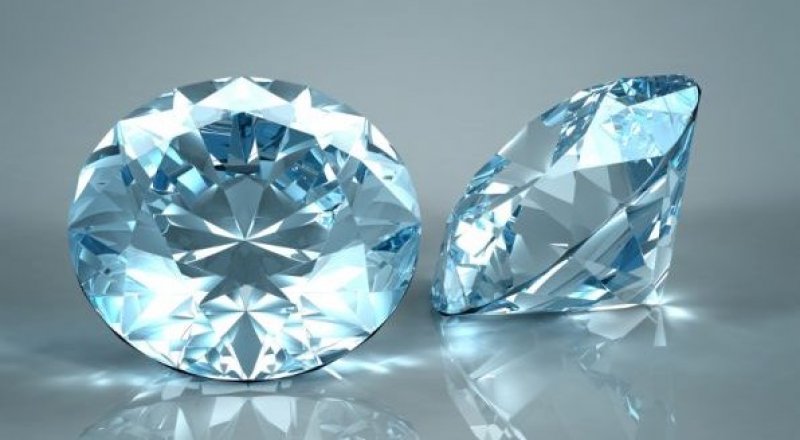Understing Diamond Certifications: GIA vs IGI
When it comes to purchasing lab grown diamonds, one of the most important factors to consider is certification. Two of the most prominent gemological institutes that provide diamond certifications are the Gemological Institute of America (GIA) the International Gemological Institute (IGI). Both institutions have established reputations in the industry for grading diamonds, but they have some differences in their grading processes the stards they apply. When choosing a lab grown diamond, it’s crucial to underst how GIA vs IGI compare, especially if you want to make an informed decision on quality, value, authenticity.
The Role of GIA IGI in Lab Grown Diamonds
Both the GIA IGI play a significant role in the evaluation certification of lab grown diamonds. The GIA is one of the most respected names in the diamond industry is known for its rigorous precise grading system. It has a long-sting history in grading diamonds, including both natural lab grown diamonds. The IGI, while also highly respected, is often seen as more lenient in its grading process compared to the GIA. For example, when it comes to lab grown diamonds, the GIA uses the same grading criteria as it does for natural diamonds, ensuring consistency reliability in its reports. On the other h, IGI also grades lab grown diamonds, but it tends to be more focused on global accessibility has different stards in some areas.
GIA vs IGI: Diamond Grading Systems
One of the main differences between GIA vs IGI lies in their grading systems. The GIA follows a strict set of stards, providing detailed reports that include the 4Cs: Cut, Color, Clarity, Carat weight. It is known for its precise thorough grading methods, especially for lab grown diamonds. GIA reports are considered the gold stard in the industry due to their accuracy consistency.
In comparison, the IGI uses a similar grading system for lab grown diamonds, but it’s considered to be slightly more lenient in some areas. The IGI often provides more accessible user-friendly reports, which may appeal to consumers looking for an easier understing of their lab grown diamonds. However, some experts argue that IGI grades may sometimes appear more generous than those of the GIA, leading to differences in perceived value when comparing diamonds of the same grade.
The Impact of GIA vs IGI Certification on Lab Grown Diamonds
The certification of your lab grown diamonds by either GIA or IGI can influence its market value resale potential. Diamonds certified by the GIA are often considered to be of higher value due to the institute’s reputation for thorough unbiased grading. GIA certified lab grown diamonds typically fetch higher prices in the market as they offer a guarantee of quality authenticity.
On the other h, IGI certified lab grown diamonds are often more affordable, thanks to the slightly more lenient grading process. This can make IGI certified diamonds a good option for consumers who want a lab grown diamond that appears nearly identical to one graded by the GIA, but at a lower cost. However, the IGI certification may not always comm the same premium in the market as GIA certification does, so buyers should consider both the price certification when selecting their lab grown diamonds.
Comparing the Transparency of GIA IGI Certifications
One of the key advantages of GIA vs IGI is the level of transparency each institute provides in its grading reports. The GIA is well-known for its transparent detailed diamond grading reports. Every aspect of a lab grown diamond is meticulously documented, which helps buyers make an informed decision. Additionally, the GIA has a strong reputation for maintaining independence, ensuring that its grading process is impartial objective.
The IGI, while still a reliable certification source, is often seen as more consumer-friendly in its reports. The IGI tends to provide more straightforward, easy-to-read certificates, which can be helpful for those new to purchasing lab grown diamonds. However, some critics argue that the IGI is less transparent about the nuances of the grading process, which could leave buyers with fewer details when comparing lab grown diamonds.
GIA vs IGI: Which Is Better for Lab Grown Diamonds?
When it comes to choosing between GIA vs IGI for lab grown diamonds, the decision ultimately depends on what you prioritize in your purchase. If you are looking for the most reputable consistent grading stard, GIA is likely the better choice. GIA certified diamonds offer a guarantee of quality are recognized worldwide for their accuracy. As a result, GIA certified lab grown diamonds are often seen as the more prestigious option, providing peace of mind to buyers looking for the highest level of transparency reliability.
However, if you are seeking a more affordable option without sacrificing too much in terms of quality, IGI certified lab grown diamonds can be a great alternative. While the IGI certification might be seen as slightly less strict than GIA, it still provides an excellent level of assurance that your lab grown diamond meets specific stards of quality. Plus, the IGI reports are easier to underst, which can be appealing for those new to the diamond-buying process.
The Future of Lab Grown Diamonds Certification
As lab grown diamonds continue to gain popularity, the debate between GIA vs IGI is expected to evolve. The GIA is widely expected to maintain its position as the most trusted recognized certification for lab grown diamonds, thanks to its long-sting reputation in the industry. As lab grown diamonds become more mainstream, however, the IGI may also become a more competitive player in the certification space by offering more affordable consumer-friendly options.
Regardless of which certification you choose, it is essential to ensure that your lab grown diamonds come with a detailed, reliable report. Whether you opt for GIA or IGI, both certifications offer a measure of trust authenticity that will help you make a well-informed decision.
Conclusion: GIA vs IGI for Lab Grown Diamonds
In conclusion, both GIA IGI offer excellent certifications for lab grown diamonds, each with its unique benefits. The GIA is known for its stringent grading process, ensuring top-tier quality reliability, which is ideal for buyers looking for the most transparent accurate information about their lab grown diamonds. On the other h, the IGI provides a more accessible affordable option with an easy-to-read certificate that is still trustworthy. Whether you choose GIA or IGI, the most important factor is that you are purchasing lab grown diamonds from a reputable source, giving you the confidence peace of mind that your diamond is both beautiful ethical.




